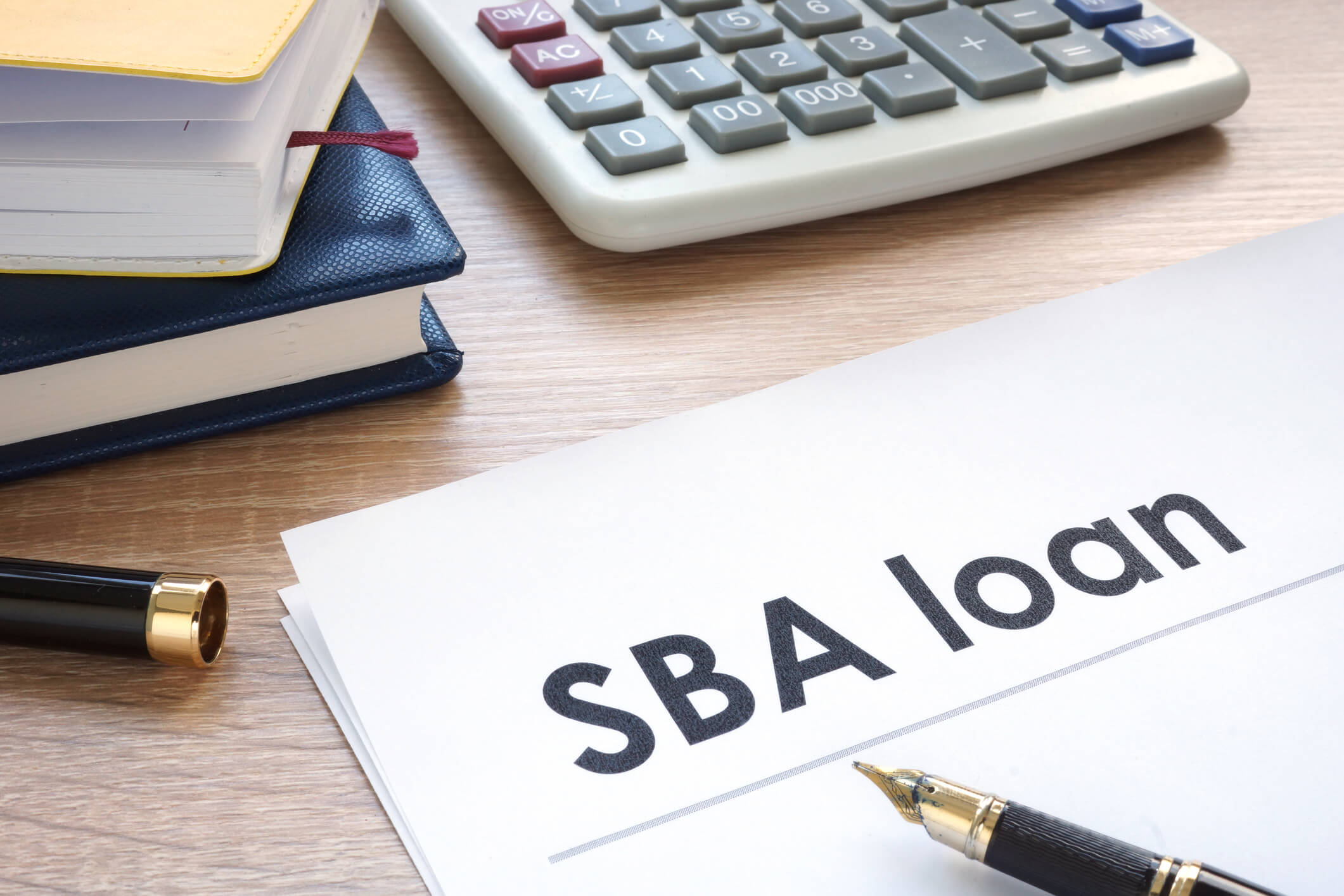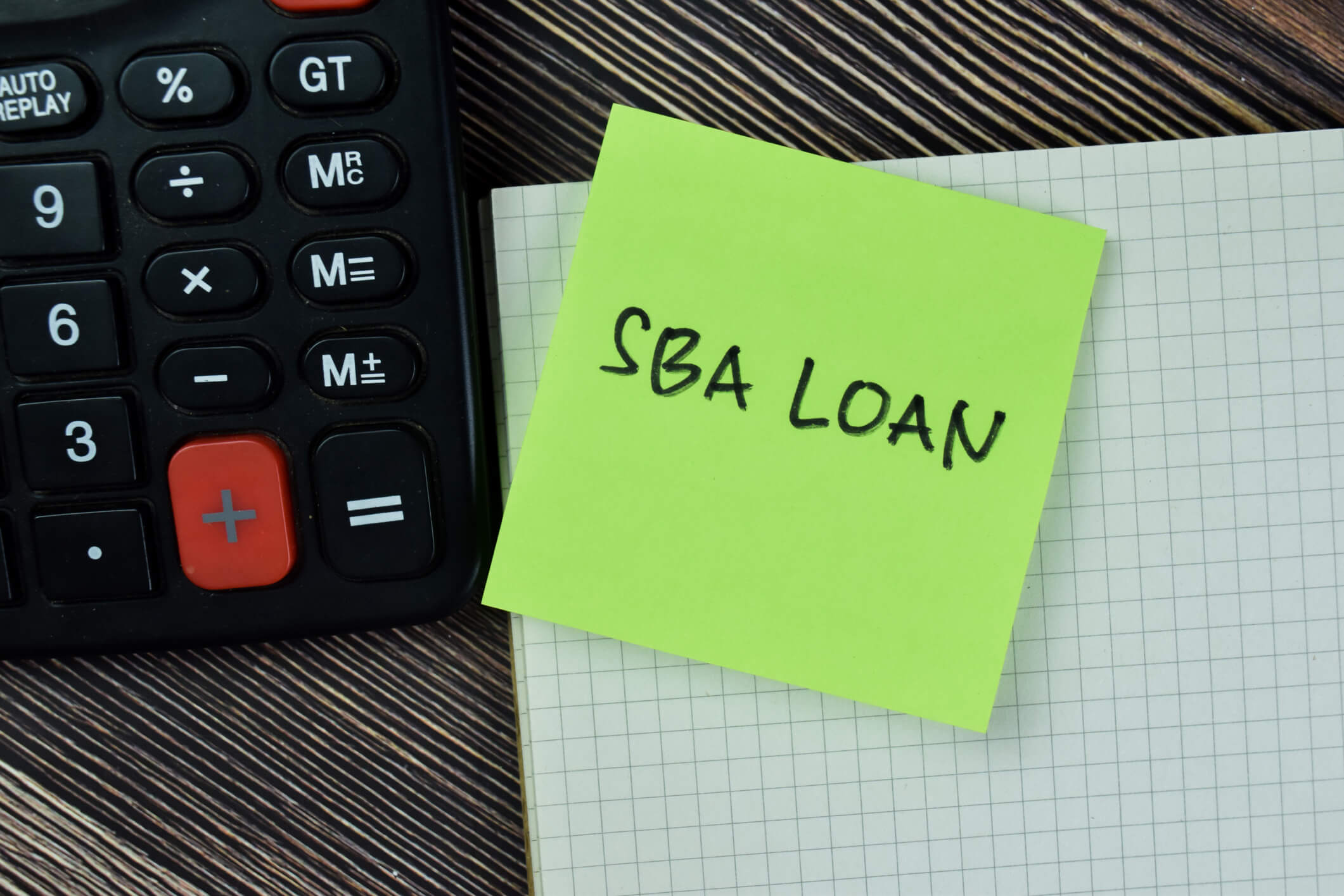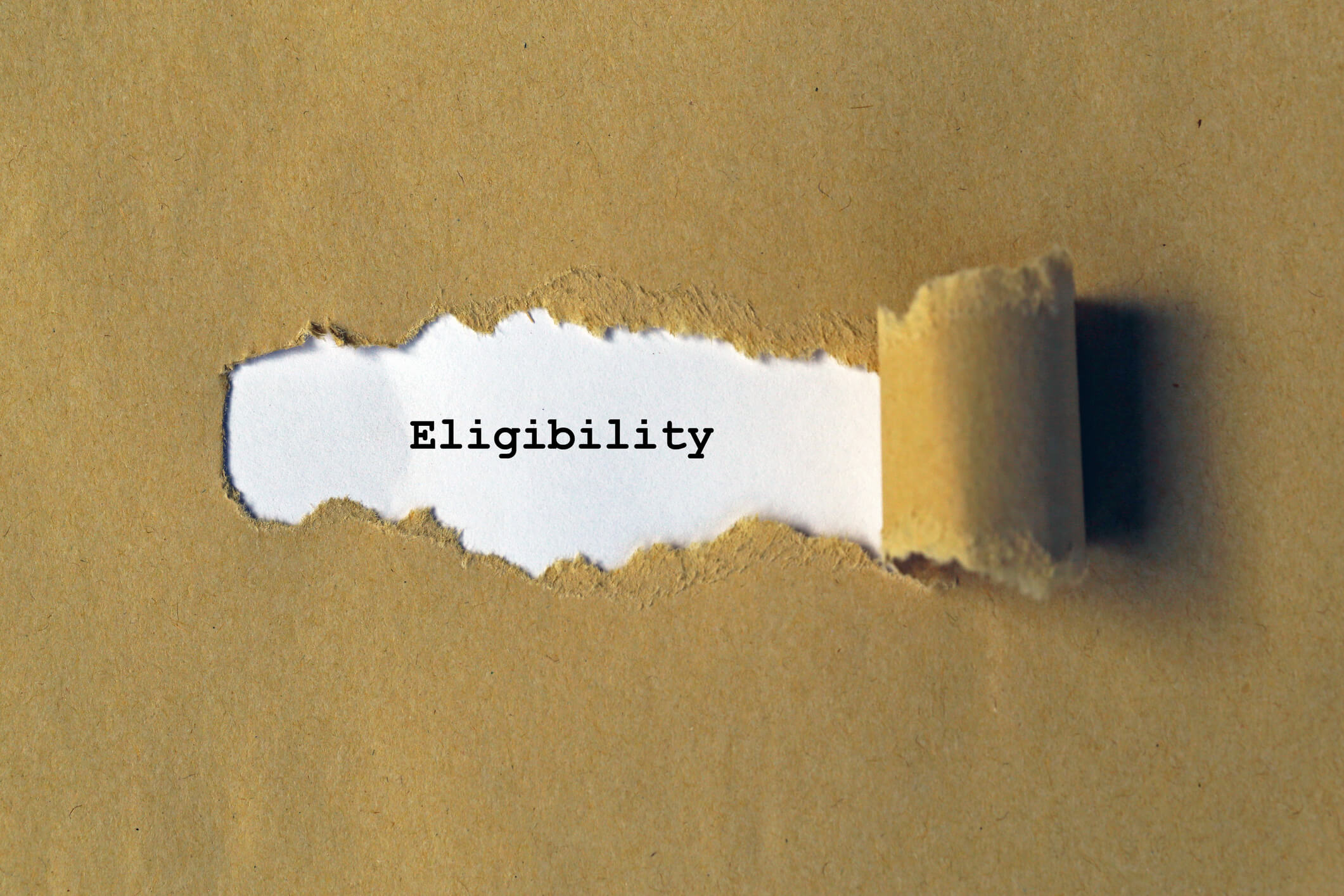
By alphacardprocess April 2, 2024
Construction businesses often require significant capital to fund their projects, purchase equipment, and hire skilled labor. However, securing financing can be a challenge, especially for small and medium-sized construction companies. One viable option for construction businesses to obtain funding is through Small Business Administration (SBA) loans. In this comprehensive guide, we will explore the benefits of SBA loans for construction businesses, the eligibility criteria, the application process, and answer frequently asked questions.
Understanding SBA Loans for Construction Businesses

SBA loans are government-backed loans designed to support small businesses in various industries, including construction. The SBA partners with approved lenders to provide loans with favorable terms and conditions, making it easier for small businesses to access capital. These loans are not directly provided by the SBA but are guaranteed by them, reducing the risk for lenders and increasing the likelihood of approval for borrowers.
What is an SBA Loan?
An SBA loan is a loan provided by a bank or other financial institution but guaranteed by the Small Business Administration. The SBA guarantees a portion of the loan, typically up to 85%, which reduces the risk for lenders and allows them to offer more favorable terms to borrowers. These loans can be used for various purposes, including working capital, purchasing equipment, refinancing existing debt, and funding construction projects.
The Benefits of SBA Loans for Construction Businesses

SBA loans offer several benefits for construction businesses. Firstly, they have lower down payment requirements compared to traditional loans. While traditional loans may require a down payment of 20% or more, SBA loans typically require only 10% down payment, making it more accessible for construction businesses with limited capital.
Additionally, SBA loans have longer repayment terms, which can range upto 25 years. This extended repayment period allows construction businesses to manage their cash flow more effectively and make affordable monthly payments.
Moreover, SBA loans have competitive interest rates. The interest rates for SBA loans are typically lower than those for traditional loans, making them a more cost-effective financing option for construction businesses.
Eligibility Criteria for Construction Businesses to Obtain an SBA Loan

While SBA loans offer numerous benefits, construction businesses must meet certain eligibility criteria to qualify for these loans. It is important to understand both the general eligibility requirements for SBA loans and the specific criteria for construction businesses.
Meeting the General Eligibility Requirements for SBA Loans
To be eligible for an SBA loan, construction businesses must meet the general eligibility requirements set by the Small Business Administration. These requirements include:
- Size Standards: The construction business must meet the SBA’s size standards, which vary depending on the industry. Generally, construction businesses must have annual revenues below a certain threshold to qualify as a small business.
- Legal Structure: The construction business must be a for-profit entity and operate legally.
- Owner’s Equity: The owner of the construction business must have a personal investment in the business, typically at least 10% of the loan amount.
- Good Credit History: The owner and the business must have a good credit history, with no recent bankruptcies or defaults on loans.
- Ability to Repay: The construction business must demonstrate the ability to repay the loan through cash flow projections and financial statements.
Specific Eligibility Criteria for Construction Businesses
In addition to the general eligibility requirements, construction businesses must meet specific criteria to qualify for an SBA loan. These criteria include:
- Experience: Construction businesses must have a track record of successful projects and experience in the industry. Lenders typically require a minimum of two to three years of experience.
- Licensing and Permits: Construction businesses must have all the necessary licenses and permits required to operate legally in their jurisdiction.
- Insurance: Construction businesses must have adequate insurance coverage, including general liability insurance and workers’ compensation insurance.
- Financial Stability: Construction businesses must have a stable financial history, with positive cash flow and a healthy balance sheet.
Why Should Construction Businesses Consider an SBA Loan?
Construction businesses often require substantial capital to fund their operations. SBA loans offer several advantages that make them an attractive option for construction businesses:
- Favorable Terms: SBA loans typically have longer repayment terms and lower interest rates compared to traditional loans, making them more affordable for construction businesses.
- Flexible Use of Funds: SBA loans can be used for a wide range of purposes, including purchasing equipment, hiring employees, and funding construction projects. This flexibility allows construction businesses to address their specific financing needs.
- Access to Capital: SBA loans provide construction businesses with access to capital that may be otherwise difficult to obtain. The SBA’s guarantee reduces the risk for lenders, increasing the chances of approval for construction businesses.
Types of SBA Loans Available for Construction Businesses
The SBA offers several loan programs that cater to the specific needs of construction businesses. Some of the most common types of SBA loans available for construction businesses include:
- SBA 7(a) Loan: This is the most popular SBA loan program, offering flexible financing for various purposes, including working capital, equipment purchase, and construction projects. The maximum loan amount for SBA 7(a) loans is $5 million.
- SBA 504 Loan: This loan program is specifically designed for real estate and equipment financing. Construction businesses can use this loan to purchase or renovate commercial properties or purchase equipment. The maximum loan amount for SBA 504 loans is $5.5 million.
- SBA Microloan: Microloans are smaller loans, typically ranging from $500 to $50,000, and are suitable for startups and small construction businesses. These loans can be used for working capital, inventory purchase, or equipment financing.
How to Apply for an SBA Loan as a Construction Business
Once a construction business meets the eligibility criteria, they can proceed with the application process for an SBA loan. It is important to follow a step-by-step guide and gather all the necessary documents and information to ensure a smooth application process.
Step-by-Step Guide to Applying for an SBA Loan
Applying for an SBA loan as a construction business requires careful preparation and attention to detail. Here are the steps involved in the application process:
- Research Lenders: Start by researching lenders that offer SBA loans for construction businesses. Look for lenders with experience in the construction industry and a track record of providing SBA loans.
- Prepare Financial Documents: Gather all the necessary financial documents, including tax returns, financial statements, and cash flow projections. These documents will help lenders assess the financial health of your construction business.
- Develop a Business Plan: Create a comprehensive business plan that outlines your construction business’s goals, strategies, and financial projections. A well-developed business plan will demonstrate your understanding of the industry and your ability to repay the loan.
- Complete the Loan Application: Fill out the SBA loan application form provided by the lender. Provide accurate and detailed information about your construction business, including its legal structure, ownership details, and financial information.
- Submit Supporting Documents: Along with the loan application, submit all the required supporting documents, such as financial statements, tax returns, and business licenses.
- Wait for Approval: After submitting the loan application and supporting documents, the lender will review your application and make a decision. The approval process can take several weeks, so be patient during this stage.
- Loan Closing: If your loan application is approved, you will proceed to the loan closing stage. During this stage, you will sign the loan agreement and any other necessary documents. You may also be required to provide additional collateral or personal guarantees.
- Receive Funding: Once the loan closing is complete, you will receive the funds in your business bank account. You can then use the funds to finance your construction projects, purchase equipment, or cover other business expenses.
Documents and Information Required for the SBA Loan Application
To complete the SBA loan application, construction businesses must provide various documents and information. These include:
- Business and Personal Tax Returns: Provide the business and personal tax returns for the past three years.
- Financial Statements: Include balance sheets, income statements, and cash flow statements for the past three years.
- Business Plan: Develop a comprehensive business plan that outlines your construction business’s goals, strategies, and financial projections.
- Ownership and Management Details: Provide information about the ownership structure of your construction business, including the names and roles of all owners and key management personnel.
- Legal Documents: Include copies of business licenses, permits, and any other legal documents required to operate your construction business.
- Collateral Information: If you have collateral to secure the loan, provide details about the collateral, such as property deeds or equipment appraisals.
Tips for Increasing Your Chances of Approval for an SBA Loan
While SBA loans offer favorable terms, the approval process can be competitive. Here are some tips to increase your chances of approval:
- Prepare a Solid Business Plan: A well-prepared business plan demonstrates your understanding of the construction industry and your ability to manage and grow your business. Include financial projections, market analysis, and a clear strategy for success.
- Improve Your Credit Score: Work on improving your personal and business credit scores before applying for an SBA loan. Pay off outstanding debts, make timely payments, and reduce credit utilization to boost your creditworthiness.
- Build Relationships with SBA-Approved Lenders: Establishing relationships with SBA-approved lenders can increase your chances of approval. Attend networking events, join industry associations, and seek recommendations from other construction business owners.
- Provide Collateral: Offering collateral can strengthen your loan application. Consider using equipment, real estate, or other valuable assets as collateral to secure the loan.
- Demonstrate Financial Stability: Lenders want to ensure that your construction business has a stable financial foundation. Maintain accurate and up-to-date financial records, including income statements, balance sheets, and cash flow statements.
Common Challenges Faced by Construction Businesses in Obtaining an SBA Loan
While SBA loans can be a viable financing option for construction businesses, there are some common challenges that businesses may face during the application process:
- Lengthy Approval Process: The approval process for SBA loans can be time-consuming, often taking several weeks or even months. Construction businesses should plan ahead and be prepared for potential delays.
- Collateral Requirements: While the SBA’s guarantee reduces collateral requirements compared to traditional loans, construction businesses may still need to provide collateral to secure the loan. This can be challenging for businesses with limited assets.
- Strict Eligibility Criteria: The SBA has specific eligibility criteria that construction businesses must meet to qualify for an SBA loan. Businesses that do not meet these criteria may face difficulties in obtaining financing.
- Documentation Requirements: SBA loans require extensive documentation, including financial statements, tax returns, and business plans. Construction businesses must be prepared to provide detailed and accurate information to lenders.
Frequently Asked Questions
To provide a comprehensive guide, it is important to address frequently asked questions about SBA loans for construction businesses.
Q 1: What is the maximum loan amount I can get through an SBA loan for my construction business?
The maximum loan amount for SBA loans depends on the specific loan program. For SBA 7(a) loans, the maximum loan amount is $5 million, while for SBA 504 loans, it is $5.5 million. Microloans, on the other hand, have a maximum loan amount of $50,000.
Q 2: Can I use an SBA loan to purchase construction equipment?
Yes, SBA loans can be used to purchase construction equipment. Whether you need to buy new equipment or upgrade your existing machinery, an SBA loan can provide the necessary financing.
Q 3: How long does it take to get approved for an SBA loan for a construction business?
The approval process for an SBA loan can vary depending on various factors, including the complexity of the loan application and the lender’s workload. On average, it can take several weeks to a few months to get approved for an SBA loan.
Q 4: Are there any specific requirements for the construction business to qualify for an SBA loan?
Yes, construction businesses must meet the SBA’s eligibility criteria to qualify for an SBA loan. These criteria include size standards, good credit history, and providing the necessary financial statements and documentation.
Q 5: Can I use an SBA loan to fund a construction project?
Yes, SBA loans can be used to fund construction projects. Whether it’s renovating a commercial property or financing a new construction project, an SBA loan can provide the necessary capital.
Conclusion
In conclusion, SBA loans offer construction businesses a viable financing option to fund their projects, purchase equipment, and cover other business expenses. These loans provide numerous benefits, including lower down payment requirements, longer repayment terms, and competitive interest rates. By meeting the eligibility criteria and following the application process, construction businesses can secure the funding they need to grow and thrive in the industry. So, if you are a construction business owner looking for financing, consider exploring SBA loans as a potential solution.